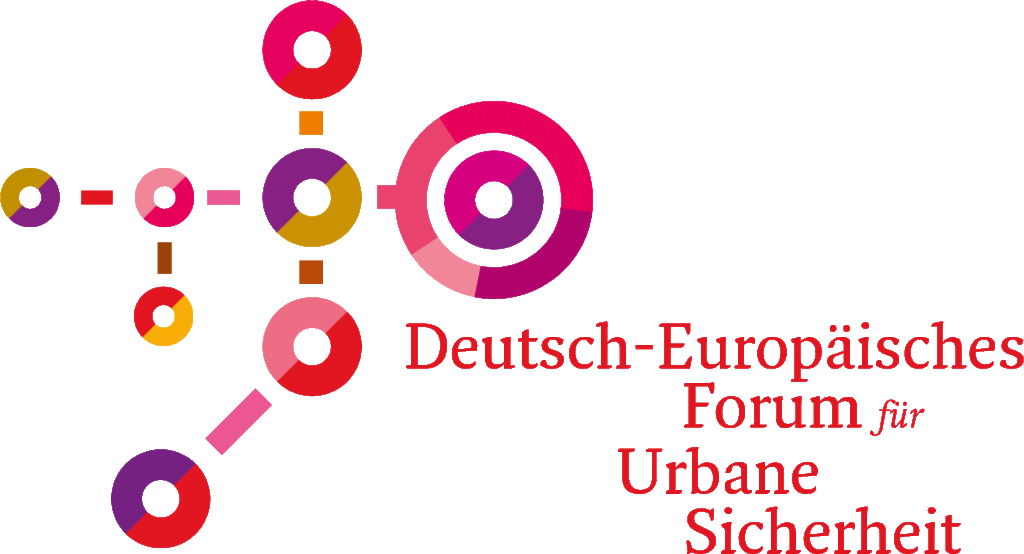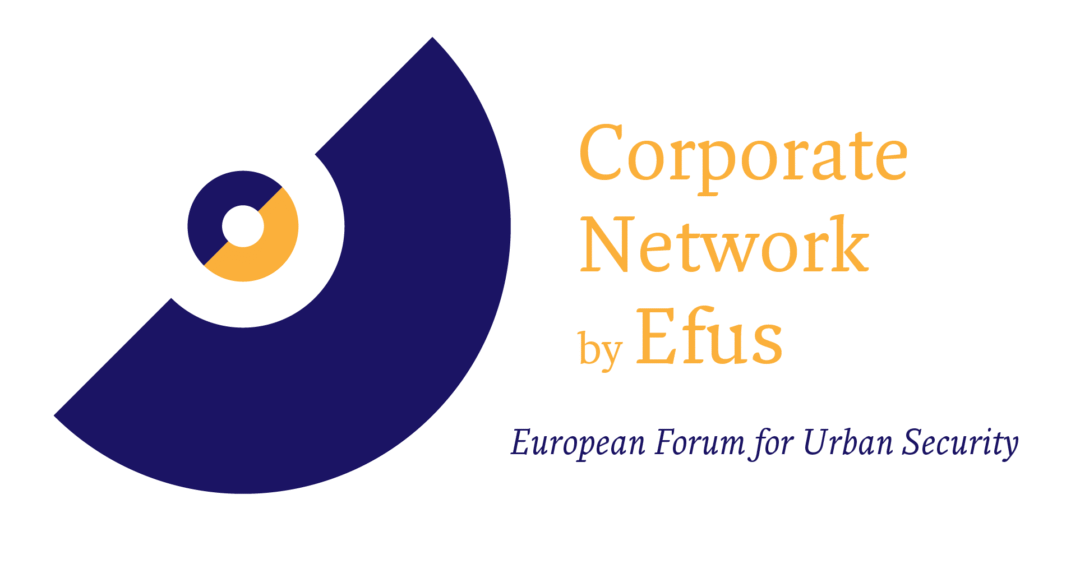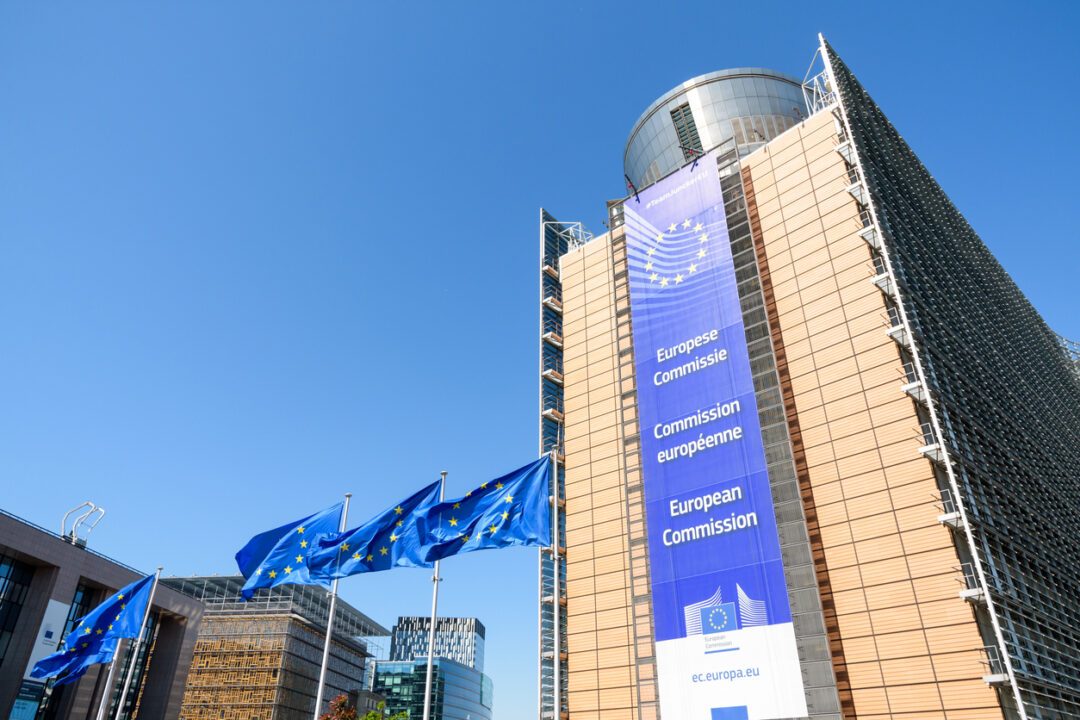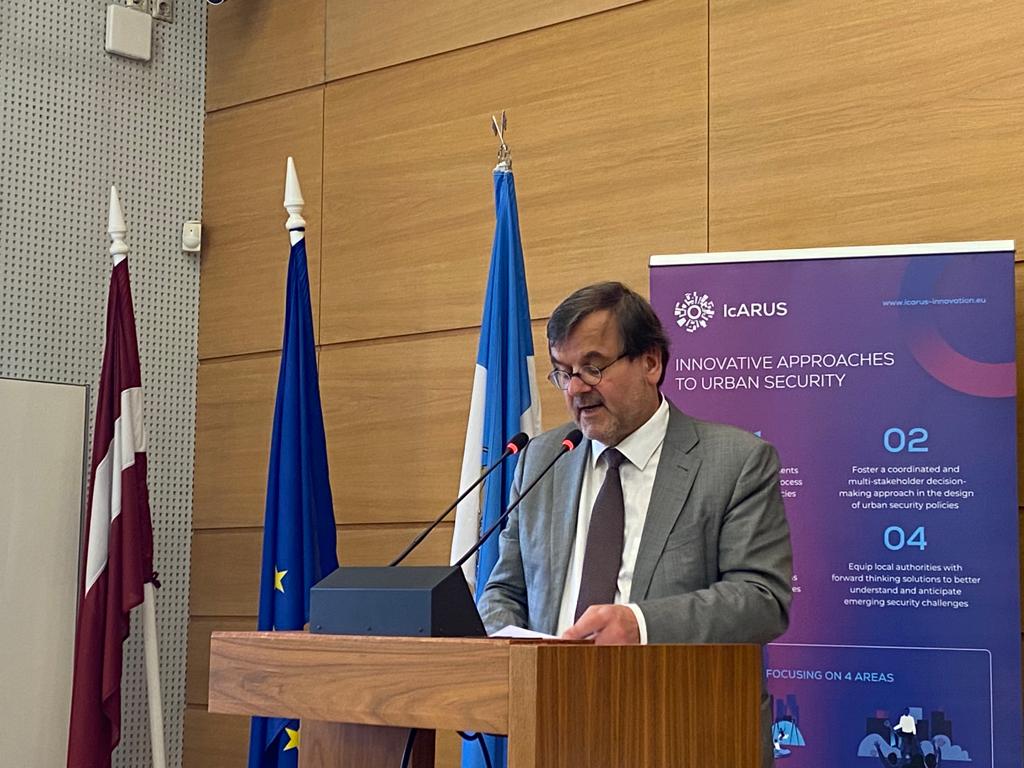This independent, non-governmental organisation seeks to prevent genocide and mass atrocities through research and capacity building. It is the operative body of the Foundation for the International Prevention of Genocide and Mass Atrocities.
CESDIP is a research lab specialised in penal institutions and deviances, which is partially under the tutelage of the French Ministry of Justice. One of its main research areas is crime prevention and urban security.
CSFD is an expert group to the European Commission gathering 45 civil society organisations from across Europe, including Efus. Its purpose is to provide a platform for structured dialogue between the Commission and European civil society on drug policies.
Established by the European Commission, CERIS gathers some 1,500 stakeholders (policy makers, end-users, academia, industry and civil society) with the aim of bridging the gap between security research and end-users.
Founded in 1949, the Council of Europe gathers 46 member states, representing some 700 million citizens. Its purpose is to promote democracy, human rights and the rule of law across Europe and beyond.
The Dutch Institute for Safe and Secure Spaces (DISSS) is a non-profit, non-governmental research organisation committed to creating a safer, more secure and resilient society.
Founded in 1995 in Germany, DPT is the largest conference in the world on crime prevention research, practices and policies.
Based at the University of York in the UK, this research centre aims to reshape how the police and other organisations work together to reduce harm among vulnerable people in society.
The European Commission is the executive body of the European Union. Its main roles include proposing new laws and policies, monitoring their implementation, and managing the EU budget.
The European Committee of the Regions (CoR) is an EU advisory body composed of locally and regionally elected representatives coming from all 27 Member States. It gives regions and cities a formal say in EU law-making ensuring that the position and needs of regional and local authorities are respected.
Established in 2001, EUCPN aims to connect the local, national and European levels and to promote crime prevention knowledge and practices among EU Member States.
This forum aims to help establish and develop victim-offender mediation and other restorative justice practices. Such practices bring together victims and perpetrators to find together a path to repair wrongdoing and achieve justice.
Specialised in the ‘administrative approach’ to organised crime, which seeks to prevent and tackle their misuse of the legal infrastructure through multi-agency cooperation, ENAA facilitates a network of contact points.
Members of the European Parliament are directly elected by voters in all Member States to represent people’s interests with regard to EU law-making and to make sure other EU institutions are working democratically.
This independent civil society organisation gathers prominent law-enforcement, governance and development practitioners who are dedicated to seeking new and innovative strategies and responses to organised crime.
The mission of this governance body of, by and for mayors from all continents is to organise and amplify the voice and influence of mayors across the globe, and strengthen the relationship with national governments, networks, multinational institutions, civil society groups, and business.
Founded by the governments of Canada, Quebec and France upon an initiative of Efus’ founder Gilbert Bonnemaison, ICPC supports the development and implementation of practical and effective policies, programmes and projects to locally reduce crime and reinforce a sense of safety.
Founded in 2002, LUCI is a network gathering cities from all over the world, which sustainably use light and public lighting as a tool for social, cultural and economic development.
Founded after a terrorist attack in Copenhagen in 2015, this alliance of northern European cities seeks to prevent and counteract polarisation by strengthening social cohesion and pioneering new prevention concepts.
Founded in 2019, this international network gathers mayors, city leaders, civil society members, and representatives of international organisations and urban networks, working to reduce urban violence and build peaceful, just, and inclusive communities.
Established in 2017 in France, the Nightlife Platform gathers elected officials and municipal technicians to exchange ideas, know-how and practices on ways to make nightlife safer and more inclusive.
This global network of 230+ cities and other sub-national governments is dedicated to addressing hate, extremism and polarisation at the local level.
This union of 12 large Polish cities seeks to promote the role of local and regional government in Poland and to strengthen cooperation with European institutions and local and regional authorities from other European countries.
Efus has been working for many years with several United Nations agencies, in particular the UN Office on Drugs and Crime (UNODC) and UN-Habitat, which seeks to build inclusive, safe, resilient and sustainable cities and communities







































